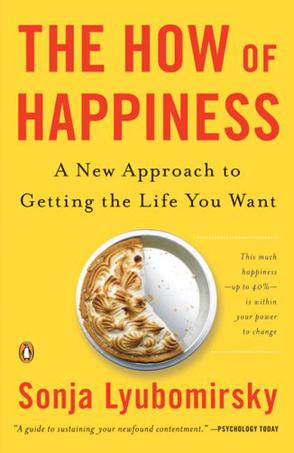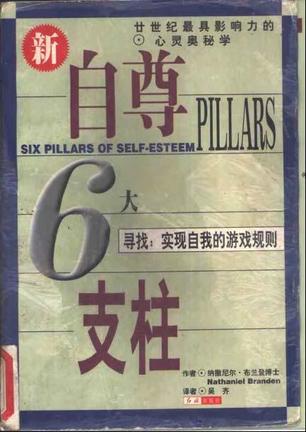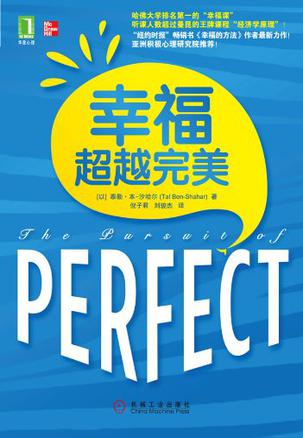-

Opening Up
Anyone who has ever entrusted a troubling secret to a journal, or mourned a broken heart with a friend, knows the feeling of relief that expressing painful emotions can bring. This book presents astonishing evidence that personal self-disclosure is not only good for our emotional health, but boosts our physical health as well. In controlled clinical research funded by the National Science Foundation and the National Institutes of Health, psychologists James W. Pennebaker sheds new light on the powerful mind/body connection. Dr Pennebaker asks ordinary people to discuss their most difficult memories - including traumatic experiences they have never revealed to a soul - and traces the medical effects of this disclosure. The book interweaves the resulting data with insightful case studies on secret-keeping, confession and the hidden price of silence. Filled with information and encouragement, Opening Up explains: Why suppressing inner problems takes a devastating toll on health How long-buried trauma affects the immune system How writing about your problems can improve your health Why it's never too late to heal old emotional wounds When self-disclosure may be risky - and how to know whom to trust This book would appeal to readers interested in understanding the relationship between emotional and physical health, and in minimizing the harmful effects of stress. Written for a general audience, the book also contains much of value to practitioners and students of psychology and psychotherapy. -

The How of Happiness
A groundbreaking, practical guide to attaining happiness based on innovative scientific research, The How of Happiness is a powerful contribution to the field of positive psychology and a gift to people who have sought to take their happiness into their own hands. Drawing upon years of her own pioneering research with thousands of men and women, psychologist Sonja Lyubomirsky reveals that much of our capacity for happiness is within our power. Detailing an easy-to- follow plan, including exercises in new ways of thinking and understanding our individual obstacles, The How of Happiness offers a positive and empowering way to sustain a new level of joy in our lives. -

自尊的6大支柱
今日年代处的时代风云变幻,动荡不安。这就要求我们必须锻造坚强的自我,要清醒地认识自己、自身的能力价值。文化一统的格局早已不复存在,生活中也就缺乏值得效仿的楷模,社会生活极少能激发起忠诚,“不是我不明白,是这世界变化快”,已成为我们生活永恒的主题。 此时此刻,如果不能清醒地认识自己、相信自己,那将是何等的危险。在喧闹的世界中无法找寻的稳定必须在我们内心中创造出来,以低微的自尊感面对生活将使我们处于极为不利的地位。 从本质上说,本书回答了四个方面的问题: 什么是自尊? 自尊为什么十分重要? 我们怎样才能提高自尊? 他人对我们自尊的建设能起什么样的作用? -

幸福超越完美
在过去10年中,泰勒•本-沙哈尔博士在哈佛大学排名第一的课程“积极心理学”的教学中,以及在在全世界各地的讲座中,他一直在教授 “幸福”。在接触了数以千计压力巨大的学生、父母和职场人士后,他发现,绝大多数人追求的生命不仅是要幸福的,而且还要是完美的——而这正是大多数人不幸福的原因。 在《幸福超越完美》这本书中,泰勒提供了一套切实可行的方法来应对完美主义。他应用积极心理学的重要原则,区分了两种截然不同的生活方式和行为模式——“完美主义”和“最优主义”,这两者在每个人身上都同时存在。这种区分能有效帮助我们清楚和准确地理解什么是成功和自我实现: ●完美主义者认为人生道路应该是一条笔直的直线;最优主义者则把人生看作不规则的、螺旋式上升的曲线。 ●完美主义者恐惧失败;最优主义者把挫折和失败看作最好的自我成长反馈。 ●完美主义者教条、苛责、防备心强;最优主义者具有适应力、宽容、乐于接纳意见。 ●完美主义者只关注“结果”,以致他们热衷于设定过高、甚至不切实际的目标;最优主义者在奔向“目标”的同时,还会享受“过程”中美好的一切。 泰勒博士认为,这两种类型的区分带给我们很多启发,如果我们能摒弃完美主义者“全有或全无”的极端思维,像最优主义者那样更善于接受和适应变化和不确定性,那么我们将学会悦纳不完美和失败,同时迎接成功并过上更幸福的生活。 你想放弃完美主义获得真实的幸福吗?哈佛大学“最受欢迎的导师”和他“积极心理学”能帮你做到!泰勒•本-沙哈尔博士用充满智慧和科学研究的精粹、自助成功的案例,心灵的启蒙和巧妙创新的编排,让你现在就能把积极心理学应用到日常生活之中。